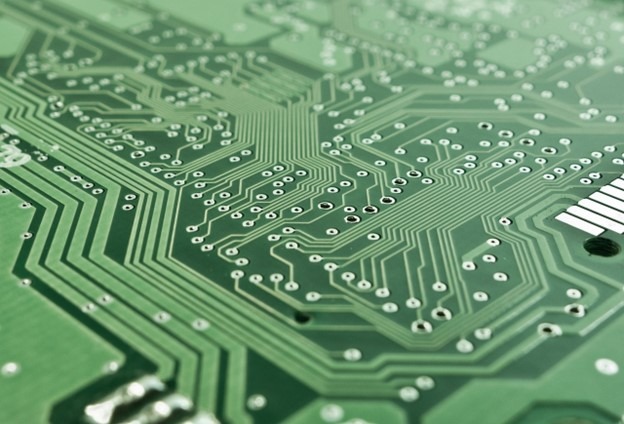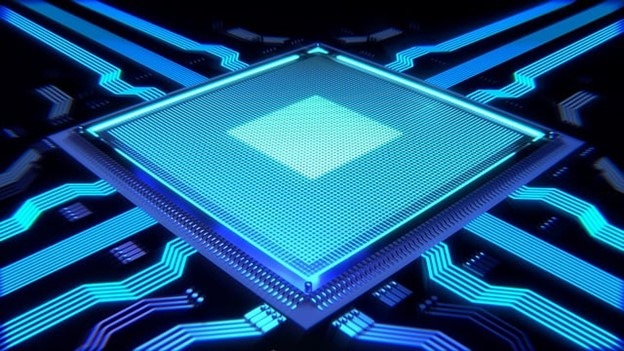On Thursday, Taiwan Semiconductor Manufacturing Co. reported a higher-than-expected profit in its fourth-quarter 2023 results.
The world’s largest contract chipmaker saw its net revenue decrease by 19.3 per cent year-on-year to HK$238.7 billion (US$7.5 billion). It surpassed the LSEG SmartEstimate’s prediction of HK$226.4 billion, as reported by The Financial Times.
The company’s 3nm chip, its flagship product, made up 15 per cent of its quarterly revenue. This was a significant increase from six per cent in the third quarter. Chips that are 7nm and smaller contributed to 67% of the quarterly revenue. High-performance computing and smartphones were the primary generators of net income.
TSMC reduced its capital expenditures to about HK$170 billion, down from HK$227 billion in the third quarter. The company’s shares strengthened by 1.2 per cent on Thursday.
Guterres Criticizes Technology Companies
Big tech companies are profiting recklessly from artificial intelligence. Urgent action is needed to mitigate risks from this rapidly growing sector, UN Secretary-General Antonio Guterres warned at the World Economic Forum meeting in Davos on Wednesday.
In a strong critique of tech multinationals, Guterres compared the threats posed by advancements in generative AI to those of the climate crisis. He noted the lack of an international strategy for AI, as reported by The Guardian.
Addressing the Forum’s participants, the UN chief urged technology industry representatives to collaborate with governments in establishing safeguards for artificial intelligence.
Guterres mentioned that his AI advisory body has proposed preliminary recommendations on managing artificial intelligence. These recommendations aim to harness its benefits while mitigating its risks.
OpenAI CEO Sam Altman, speaking at an event in Davos the day before, emphasized the need for energy breakthroughs to meet future demands of artificial intelligence. He pointed out that AI technology will consume much more energy than anticipated.
















